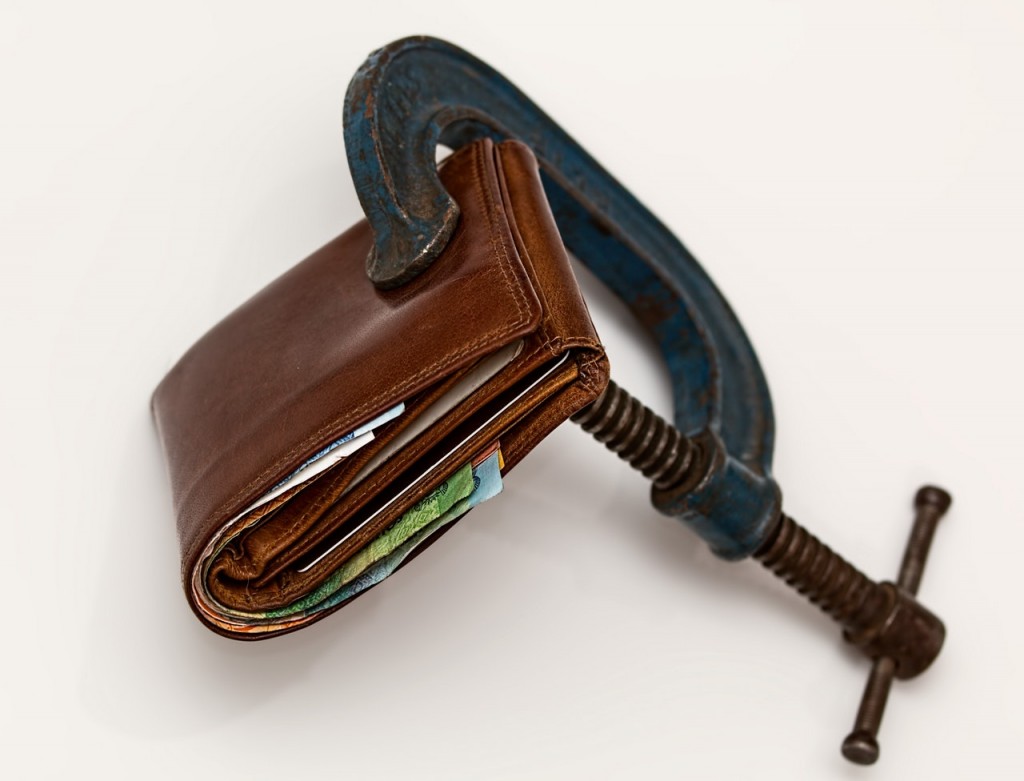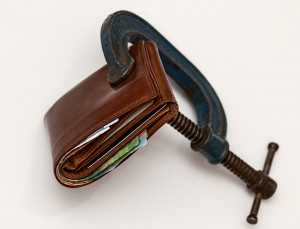This article originally appeared on CTOS Knowledge Centre
Having a good credit score has many advantages.
With a high credit score, you’d have a better chance of securing a loan or getting approved for new credit. You’re also likely to be looked upon as a prime customer by banks and lenders and may enjoy better interest rates.
Is your CTOS Score not what you’d like it to be? Want a higher score? Not to worry. You can always take steps to improve your credit score, no matter how low it is. Your score may not improve immediately, but with good planning and responsible credit behaviour, your score will gradually improve.
Here are five ways to improve your CTOS score:
Pay your bills on time
Try to pay your bills on time every month or pay at least the minimum amount each month to avoid lowering your credit score. If using a credit card, try to make the minimum payment for each month if you cannot afford to pay the entire sum.
If you've missed payments, get current and stay current
Cultivate a habit of consistency in your repayments. Instil the habit of paying your debts off regularly so that the amounts owed get less, steadily. Missing your payments, even for just a month or two, will show up in your credit report. It’s okay if you’ve missed payments in the past – just get current, and stay current.
Pay off debts and keep amounts owed low
Owing more than you can afford to repay comfortably can be stressful, so stay within realistic limits. Keep your debt balances low. Maintaining discipline in your payment behaviour will ensure that your debts decrease over time. Also, when applying for loans, don’t ask for more than you really need. Remember at the end of the day, any amount you request for a loan will incur interest and still needs to be paid back.
Only apply for new credit cards if you really need them
The sense of freedom that comes with owning a credit card can become detrimental to your financial health – especially if fiscal discipline is an issue. Consider getting a card with a low credit limit if you have a tendency to overspend.
Re-establish your credit history if you've had problems
Missing payments, having litigation records or even filing for bankruptcy will affect your credit health and score. It’s crucial to fix your credit history if you’ve had issues with it. Ignoring or pushing the problem away will just cause more issues in the long run. Meanwhile, don’t take drastic measures, such as quickly closing numerous unused credit cards, applying for new credit cards, or opening many new accounts. If you’re facing difficulties managing your credit health, see a good credit counsellor or financial services advisor for guidance and to know what first steps you should take.
Take our word for it, your credit score is out there. Read on about 5 things that could damage your credit rating.
























































